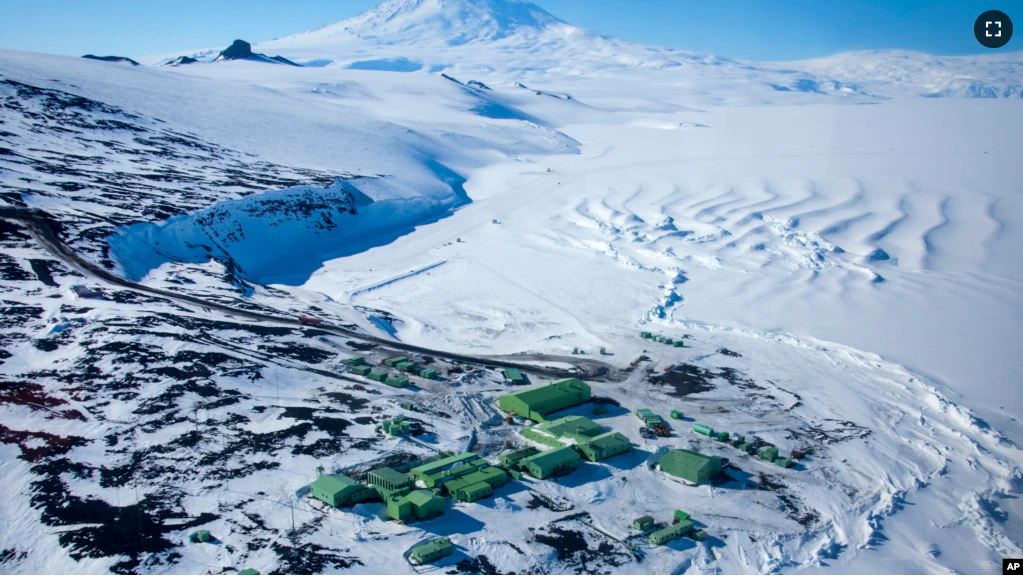Russia and China have again blocked plans to protect large areas of ocean waters around Antarctica from fishing. These plans are supported by the European Union, the United States, and 23 other nations.
The action came at the two-week international meeting on the future of Antarctica’s waters that ended in Australia last week.
However, conservationists said some good points came out of that meeting.
They included an agreement on new protections for krill fishing. And they included a promise, or commitment, to meet in the South American country of Chile next year to further discuss a proposal for new protected areas. Those areas combined would cover an area of ocean larger than the South Asian nation of India.
Many countries are not happy with the ability of Russia and China to effectively veto proposals. That is because the rules of the group require that every nation is in agreement, called reaching a consensus, before taking action.
The U.S. has been trying to find common ground with China. And it laid the blame for this year’s disagreements on Russia. The U.S. said the country was undermining the group.
“Russia’s repeated rejection of the best available scientific information amounts to an abuse of its commitment to participate in consensus-based decision-making,” the State Department said in a statement.
Russian officials did not respond to a request for comment from the Associated Press.
The Pew Bertarelli Ocean Legacy Project works with local and government leaders, scientists, and other organizations to establish protected ocean areas. The organization said it was pleased the group agreed on some measures around krill fishing. The small creatures are eaten by animals and seabirds like penguins, seals, and whales.
Andrea Kavanagh is director of the Project’s Antarctic and Southern Ocean work. She said, “… the krill conservation measure is a good first step…” But she added that new information shows the best method for Southern Ocean conservation uses both ecosystem-based fishery administration and ocean-protected areas.
The group which met is called the Commission for the Conservation of Antarctic Marine Living Resources (or CCAMLR). Finding consensus among the group has always been hard. But it has become even more difficult after Russia invaded Ukraine. Both countries are members of the group.
The meeting began last week with a mass walkout when the Russian officials started speaking.
Kostiantyn Demianenko led Ukraine’s delegations. Last week, he told The Associated Press that Russia had no right to be at the table.
“A state that kills the civilian population, destroys the air and ground civilian infrastructure of another country… should definitely be limited in its right to participate in the activities of international organizations such as CCAMLR,” Demianenko wrote in an online message.
I’m Gregory Stachel.
Nick Perry reported this story for The Associated Press. Gregory Stachel adapted it for VOA Learning English.
__________________________________________________________________
Words in This Story
krill – n. very small creatures in the ocean that are the main food of some whales
commitment – n. a promise to do or give something
participate – v. to be involved with others in doing something: to take part in an activity or event with others
ecosystem – n. everything that exists in a particular environment
infrastructure – n. the basic equipment and structures (such as roads and bridges) that are needed for a country, region, or organization to function properly
definitely – adv. without doubt
